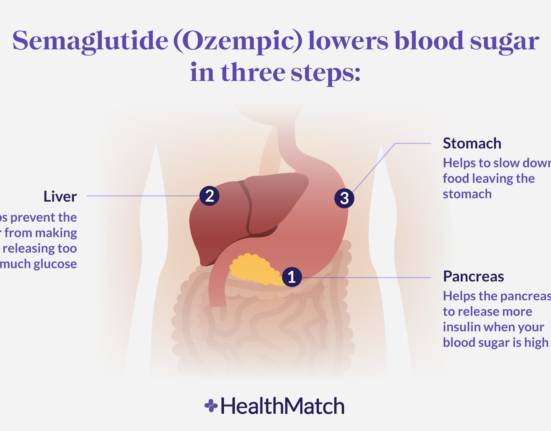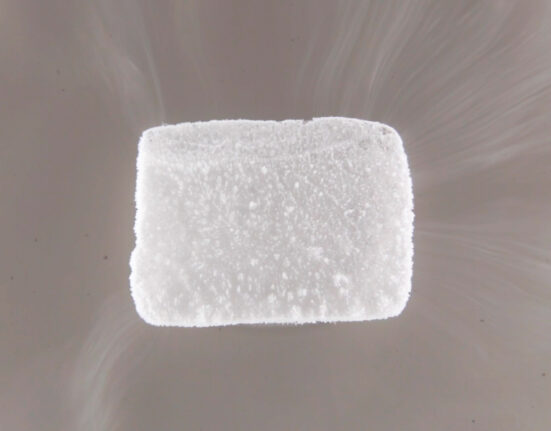Introduction
Bone marrow is the soft, spongy tissue found inside bones. While red bone marrow produces blood cells, yellow bone marrow helps store fat. Do you know what a bone marrow transplant means? A bone marrow transplant is a medical procedure to replace bone marrow with healthy cells either from your own body or from a donor.
In this process, the stem cells are collected from a donor’s bone marrow following a process known as bone marrow harvesting, after which they go through chemotherapy. Then the collected bone marrow is again transplanted back to the donor. Hence, they are called the receiver as well.
What does an autologous bone marrow transplant mean?
The word “autologous” means cells or bone marrow obtained from a patient’s body, called the donor and the receiver. It is a process that is usually done by collecting bone marrow (called bone cell harvesting) or stem cells (called stem cell harvesting) from the donor. After removing the bone marrow or stem cells, they undergo radiation therapy or chemotherapy, after which the bone marrow or stem cells are transplanted back so that they are not destroyed during the intake of radiation that kills the stem cells and the cancer cells.
Why is an autologous bone marrow transplant needed?
Individuals usually need an autologous bone marrow transplant who have experienced high amounts of chemotherapy and radiation as part of their treatment regimen. It is because these treatments can damage the patient’s bone marrow while eliminating the cancer cells at the time of treatment, and an autologous bone marrow transplant enables the restoration of the damaged bone marrow at the end of the therapy.
Who needs an autologous bone marrow transplant?
When acquiring knowledge about autologous bone marrow transplants, you must also know when you should opt for an autologous bone marrow transplant:
- Blood cancer: About 80% of people suffering from different kinds of blood cancers, like leukemia, lymphatic disorder, and so on, opt for autologous bone marrow transplants.
- The remaining 20% of cases include diseases related to the bone marrow. At times, the bone marrow stops functioning normally, and sometimes the production of RBCs in the blood is also disrupted. It also comprises acute infant immunodeficiency or congenital disorders.
The entire process of autologous bone marrow transplantation:
There are certain steps followed to complete the process of an autologous bone marrow transplant. Read below to know them better:
- Conditioning: The first step includes high doses of chemotherapy for the patient. It also depends on their body and type of cancer and varies from one person to another. The main objective here is killing cancer cells, but healthy cells are also destroyed during this procedure. So extra care for the patient is taken so that their health does not worsen.
- Once the blood cells are transplanted back into the body, the risk of infection is very high. As a result, the count of the blood cells falls. The patient is kept under observation till their blood count recovers. This process is called engraftment. At this time, the person may suffer from bleeding, pain in their bones, fever, and so on, so the patient should be taken care of.
- Engraftment to Day of Discharge: It takes almost 10-15 days to complete the engraftment process. The transplant team is responsible for helping maintain a routine of regular care after the discharge.
- Recovery period: This stage extends from the time of discharge to 1 year after the process. The patient is expected to follow all guidelines provided by the transplant team and take care of certain things like maintaining hygiene to avoid infection, taking care of the mouth by using an ultra-soft toothbrush, looking after their tunneled catheter, avoiding pets and animals, cutting off consumption of tobacco and alcohol, and so on.
The cost of autologous bone marrow transplant in India:
The following table contains all the necessary details regarding the autologous bone marrow transplant cost in India. Here are the components of the cost
- Cost of surgery
- Surgeon’s cost
- Hospital stay
- Tests & procedures such as Chemotherapy
- After discharge consultation
- Medication
- If you are travelling from another city or country, the cost of travel, stay for the carer, etc.
Ask the doctor or hospital for the approximate details like the total cost to ensure you are prepared to foot the bill.
Conclusion:
In recent times, autologous bone marrow transplant has become very common in India. It is advisable to get an autologous bone marrow transplant from India because it provides high-quality treatment at a reasonable cost and because the bone marrow transplant success rates in India’s renowned hospitals are about 60–90%, which is quite high. However, it is a complicated and lengthy process that requires the highest level of skills and expertise of the medical team and patience, resilience, and courage from the recipient.








2 Comments